Instants - The Relais & Châteaux Magazine | Seaweed, a Treasure of the Sea
Article Information & Social Sharing
Article by Sylvie Berkowicz to Instants - The Relais & Châteaux Magazine
It checks off every box as a revitalizing future food – nutritionally, environmentally and more. Whether wild or cultivated, seaweed is the epic multitasker, good for practically everything: used in food, cosmetics, medicine; in agriculture as fertilizer or animal feed; in industry for manufacturing biofuel, plastics, paints, or building materials. All types of sea-born algae are being studied and researched extensively the world over, intriguing scientists and investors alike, who see them as an almost inexhaustible resource that could help address a number of energy and environmental issues.
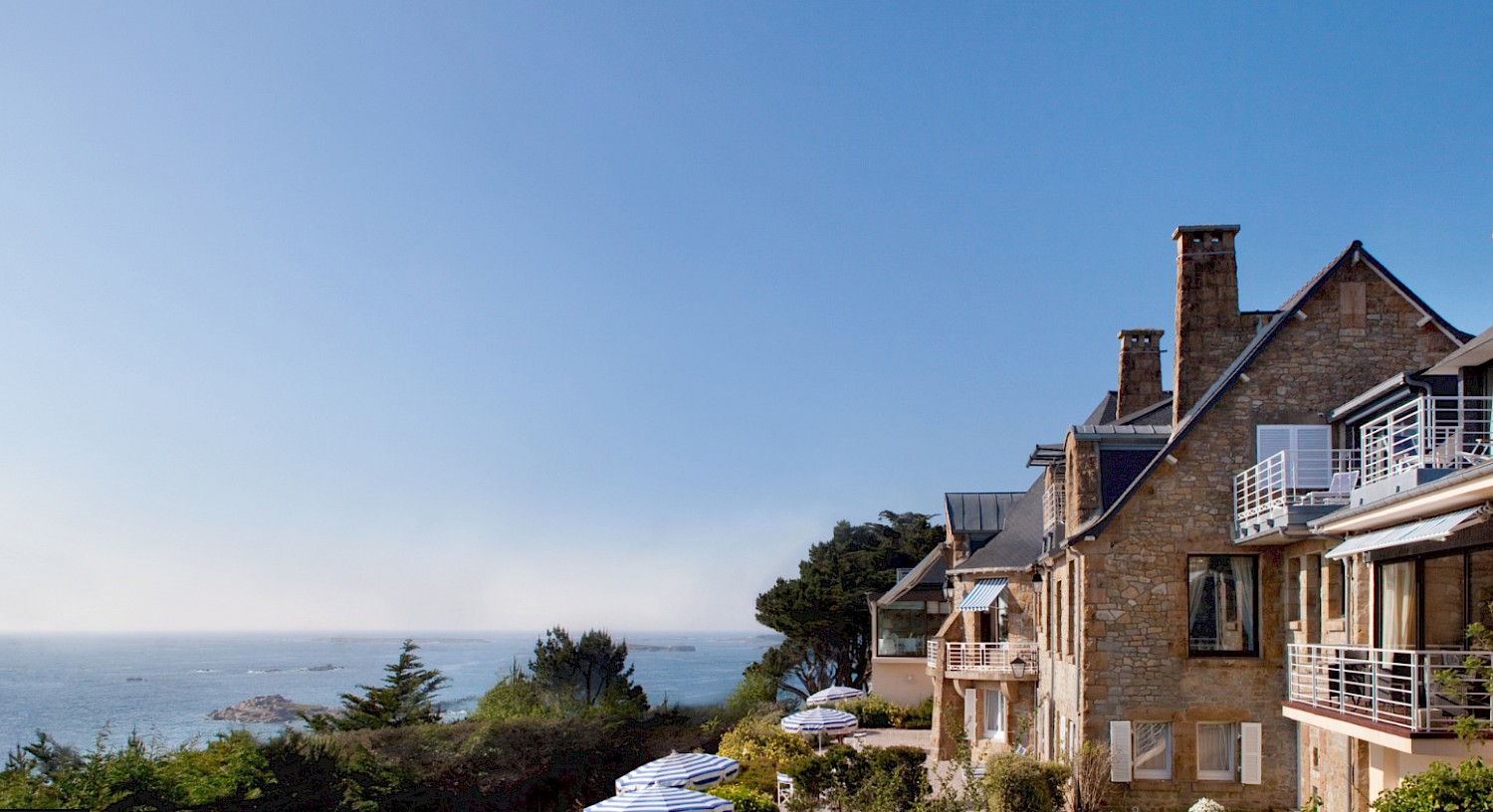
Manoir de Lan Kerellec, Trébeurden, France
Near this beautiful Breton property, you will find the sea, the spray, the pink granite rocks; and in its kitchen, a young chef, Anthony Avoine, who defends the establishment’s Breton – and therefore maritime – identity. And algae are on his menu, of course.
“I’m especially fond of seaweeds and want to help my customers discover them. I put them in my broths, I make ravioli with them, replacing the dough with sea lettuce, I julienne them for a surf-and-turf salad, where the earthy quality of chard is counterbalanced by the salty sea note of dulse. I even use them in desserts, with strawberries and buttermilk. I’ll try anything! Customers are surprised, but we get excellent feedback.”
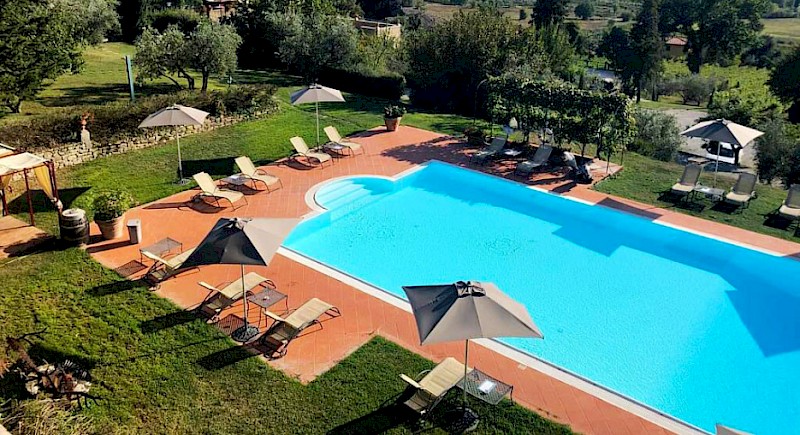
Relais Il Falconiere & Spa, Cortona, Italy
There is no seashore near Il Falconiere. Instead, as far as the eye can see, lies the Tuscan landscape of daydreams, peppered with olive trees and vineyards. The place where the Baracchi family turned a 17th-century villa into an extraordinary getaway – an Italian art de vivre that embraces traditional values while keeping a watchful eye on the concerns of the day.
The same philosophy is applied by the Busatti family, weavers of high-quality fabrics. For eight generations, the Busattis have been weaving wool, cotton, linen, hemp and – seaweed! In fact, the company has introduced a full range of products woven from seaweed fibers: everything from blankets to cushions and bath towels, not to mention the yoga mats used by guests at Il Falconiere. It is a natural partnership between two families committed to giving traditions new meaning in modern times.
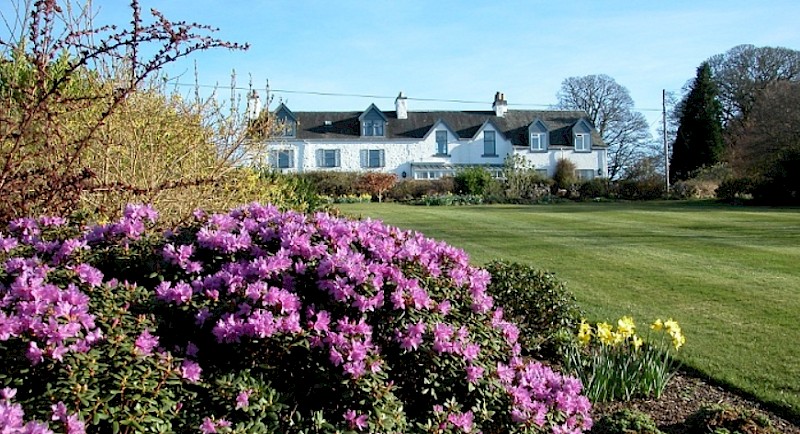
Airds Hotel & Restaurant, Appin, UK
Here we are, deep in the Scottish Highlands, on a property that is a quintessentially British mixture of wild countryside and manicured flower gardens. Time seems to lengthen beneath ever-changing skies as we gaze out over Loch Linnhe and the mountains of the Ardnamurchan Peninsula beyond, with a cup of tea or a perfectly balanced gin and tonic in hand. And not just any gin, but one distilled on the Isle of Harris which owes its unique character to an unusual ingredient: sugar kelp, the seaweed variety with the highest sugar concentration.
Caitlin Mackin, the hotel’s bartender, describes this fascinating fluid: “It’s an amazing spirit that’s rich and complex enough to be sipped on its own, but with enough character to be an ingredient in cocktails, either our Classic Martini or our Not So French 75, a variant of the classic French 75, made with Isle of Harris gin, lemon juice, and champagne.”
Saison, San Francisco, USA
The San Francisco Bay, an estuary where two rivers meet before flowing into the sea, is a richly diverse ecosystem and a source of inspiration for the area’s chefs, who use its resources wisely. At Saison, the menu’s first course is an embodiment of the restaurant’s cooking philosophy: caviar served to guests in a blade of seaweed.
Culinary director Paul Chung and chef Rich Lee tell us the secrets to this dish: “This is sturgeon caviar raised in the Sacramento delta that we mature and smoke in a giant seaweed blade – a technique similar to Kombujime, used for fish in Japan. Before wrapping it, we cover it with seaweed butter. Steam is released inside the rehydrated seaweed blade, which melts the butter and gently heats the caviar without cooking it. This is prepared tableside in front of the guests, and the caviar is served with coastal plants that have been poached in a mixture of aromatic broth and seaweed butter.”
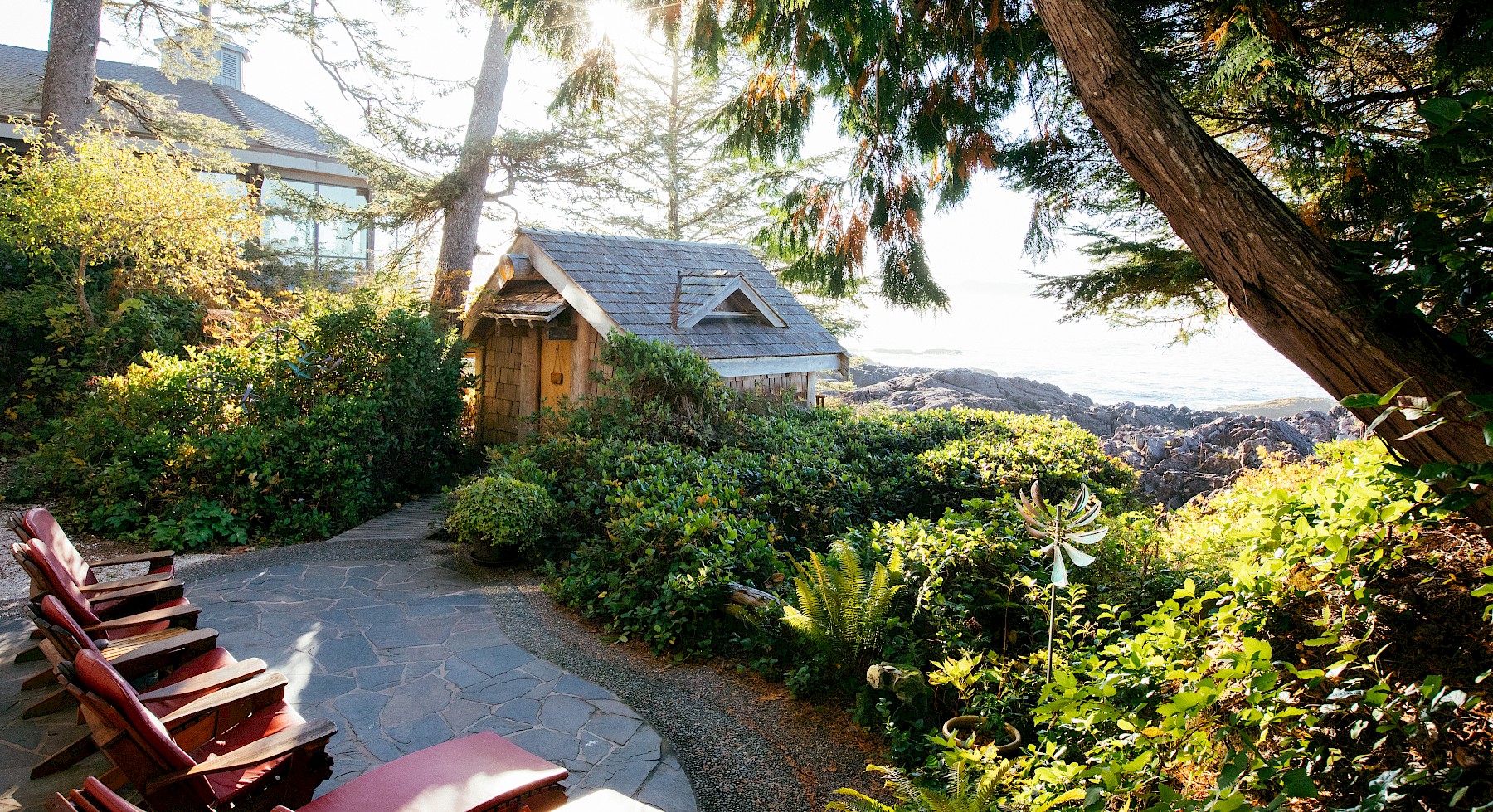
Wickaninnish Inn, Tofino, Canada
The First Nations of America were already familiar with the nutritional properties of algae and made them part of their diet. The Wickaninnish Inn strives to respect, in every way, the wilderness of Canada’s Pacific Northwest Coast, territory of the Nuu-chah-nulth indigenous peoples. This respect is even found in its wellness center, the Ancient Cedars Spa, which offers Seaflora products, made with seaweed harvested from the nearby Salish Sea, a collection of maritime routes that shelters a great number of marine species. An all-encompassing philosophy that puts the property’s visitors in close contact with the wonders of nature.
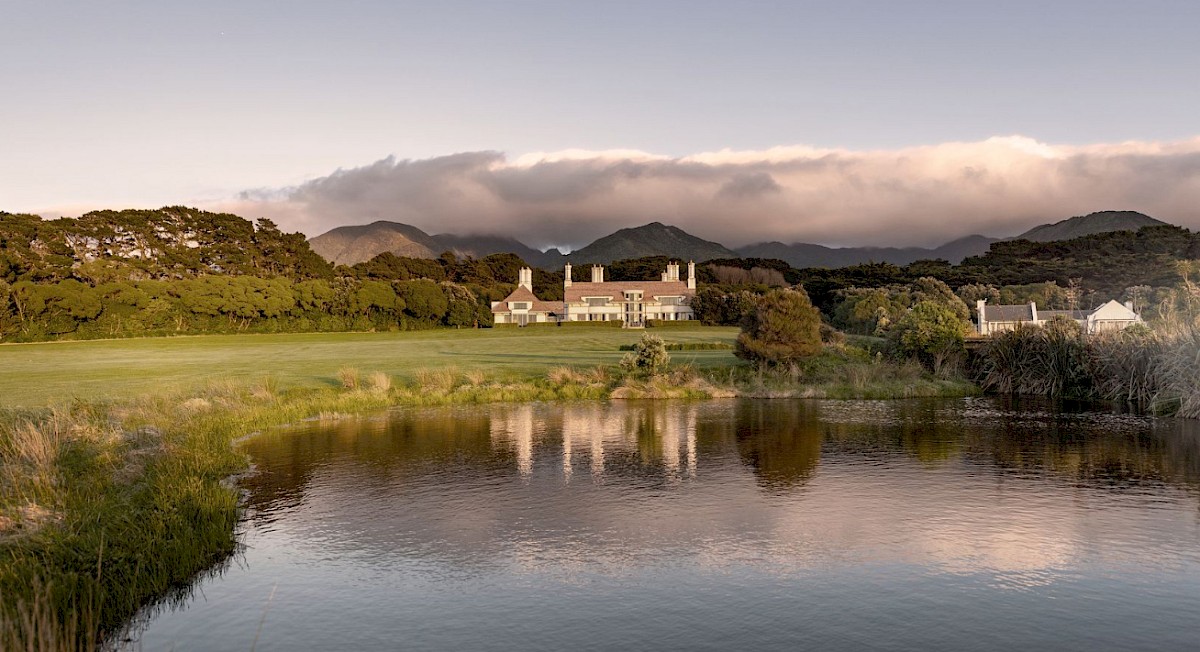
Wharekauhau Country Estate, Featherston, New Zealand
Wharekauhau, in Palliser Bay a half-dozen miles from Wellington as the crow flies (though much more by road), is an estate in constant communion with nature and all its elements and bounty. This historic place was founded in 1840 and was the site of one of New Zealand’s largest sheep farms.
Animals are still raised here, vegetables still grown here, and the entire location is used as a pantry for the cooks. Every day is an opportunity to gather wild herbs, mushrooms, and seaweed. They particularly like to use a type of red kelp that the Māori call karengo. They make it into natural wraps for steam cooking, pickle it to serve with paua (the name given the region’s endemic mollusks), and dehydrate it to make a potent, deliciously briny salt.


